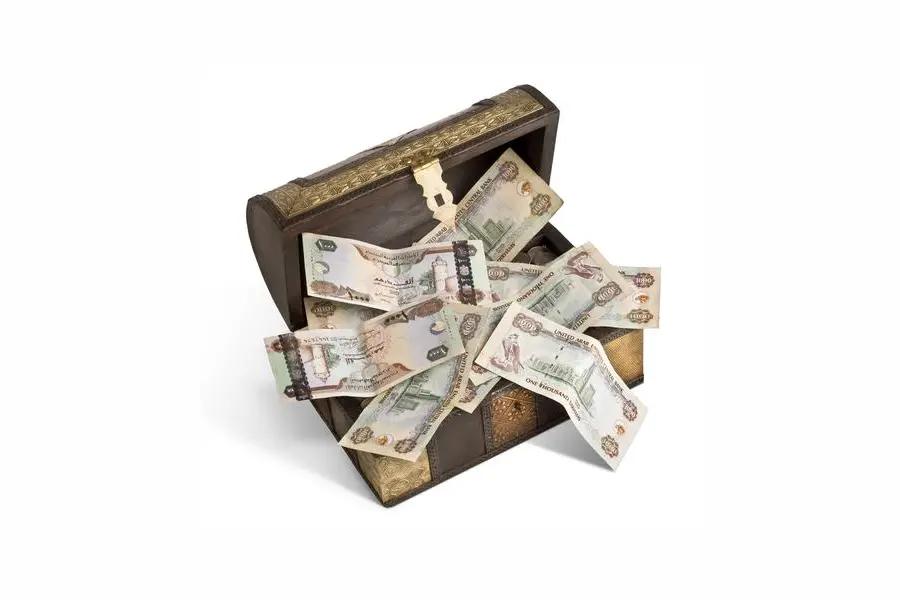PHOTO
Dubai
Slowing consumer demand has been forcing many sectors of the private sector economy to offer hefty discounts for most of this year to keep their market share, according to the UAE Purchasing Managers Index (PMI) data.
For the first half of the year, the PMI data showed firms continued to discount selling prices in order to support sales growth, with average selling prices declining for the third consecutive month in July.
Analysts say corporates will not be able to pass on all value added tax (VAT) charges to consumers given the overall weak demand environment. The soft pricing environment could pose additional downside risks to inflation forecasts. In some sectors, companies will have to absorb some of the VAT to remain competitive rather than passing it on to the end-consumer.
Corporates will have to find a balance between maintaining their margins and reducing customer demand. Notably, price discounting has been a key feature across the GCC [Gulf Cooperation Council] over the last few years to support demand at a time of fiscal reforms and retrenchment in government spending. This includes price discounting to support external demand (tourism, retail, hospitality) in economies such as the UAE where the strong dollar has also hampered competitiveness, said Monica Malik, Chief Economist of Abu Dhabi Commercial Bank (ADCB).
Economists expect the spike in inflation to be a one-off in the first year of the introduction of VAT, with prices falling sharply thereafter. Analysts do not expect to see any meaningful build-up in secondary inflation due to a limited rise in wages linked to the introduction of VAT and merchants being unable to raise prices by more than the 5 per cent linked to VAT.
A contraction in consumer spending is expected across the GCC in the immediate aftermath of VAT introduction. This is the general trend seen internationally with the implementation (or increase) of a sales or consumption tax. However, the consumption will pick up pace within a few months. International examples indicate that the stabilisation period can be anywhere from six months to a year.
Consumers are expected to bring forward purchases ahead of the introduction of VAT, in anticipation of the higher prices. Analysts say this will be more visible for high-ticket items such as automobiles and electronics.
Going by the global trend, a number of retailers are expected to offer substantial discounts and promotions in the final quarter before VAT is introduced to clear their stocks. Sales of non-perishable goods are also expected to increase in the months ahead of VAT implementation.
The introduction of VAT in the GCC poses a serious question for all retailers. According to Deloitte, some retailers may actually be better off only passing a smaller proportion of the increased cost on to their customers and suffering the increase themselves in an effort to retain market share. Alternatively, many may, as an initial marketing ploy, also offer to cover the full amount of the VAT in order to keep volume of sales at a reasonable level during the settling-in period according to Bruce Hamilton, Deloitte Middle East Consumer Business Industry VAT leader.
Al Nisr Publishing LLC 2017. All rights reserved. Provided by SyndiGate Media Inc. (Syndigate.info).





















